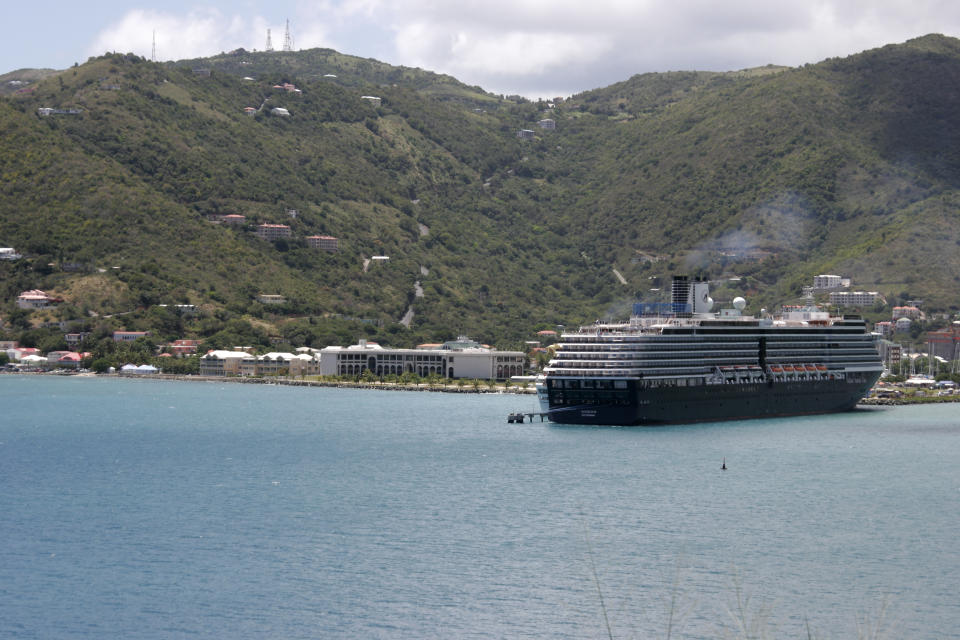The exclusive area of London where there are 6,000 'tax haven' properties

More than 6,000 properties owned by companies registered overseas are in the exclusive London borough of Kensington and Chelsea.
And, a further 11,500 properties in the City of Westminster – that’s one in 10 – are owned by foreign firms.
According to new analysis of official data, almost 100,000 properties in England and Wales are held by overseas firms.
MORE: Brexit: Europe may ‘go after’ tax havens linked to UK
The BBC learned through Land Registry records that the tax haven of the British Virgin Islands is the official home of 11,700 companies that own 23,000 properties – more than any other country.
The islands are home to just over 30,000 people.
Close behind the British Virgin Islands as a base for corporate holders of UK property are Jersey, Guernsey and the Isle of Man.
The BVI dispute being described as a tax haven.

The BBC reports that the most expensive property for which a value was recorded was the former headquarters of the Metropolitan Police, New Scotland Yard, at 8-10 Broadway.
The site was purchased by the Abu Dhabi Financial Group in 2014 for £370m from the Mayor of London’s office. But it is officially owned by a Jersey-based company called BL Development.
The site of the former multi-storey block is now being developed for “a luxury collection of one to five bedroom apartments across six architecturally striking towers”. These range in price from £1.5m to more than £10m.
MORE: Paradise Papers: Which famous figures are named in leak of secret tax details?
Overseas-registered companies paid a combined £55bn for the near 28,000 properties for which a price was recorded.
The leasehold of Admiralty Arch, the former government building off Trafalgar Square, was sold to hotel developer Prime Investments for £141m. It is registered to a Guernsey-based entity, Admiralty Arch Hotels Ltd.
The UK government is planning to introduce a new public register that, beginning in 2021, will require overseas companies that own or buy property in the UK to provide details of their ultimate owners.
Until now, using an offshore company as a means for foreign investors to buy property in the UK meant most could avoid inheritance tax when the owner passed away.
MORE: Inheritance tax shake-up could see ‘gifting’ limit raised
Revelations contained in the Panama Papers and the Paradise Papers have exposed the scale of tax avoidance through tax havens.
Thousands of individuals – from royalty to sports stars, celebrities to super-rich business figures – were identified as moving money through offshore accounts to avoid paying tax.
While perhaps morally suspect, the schemes employed by accountants and advisers are all legal.

 Yahoo Finance
Yahoo Finance 
